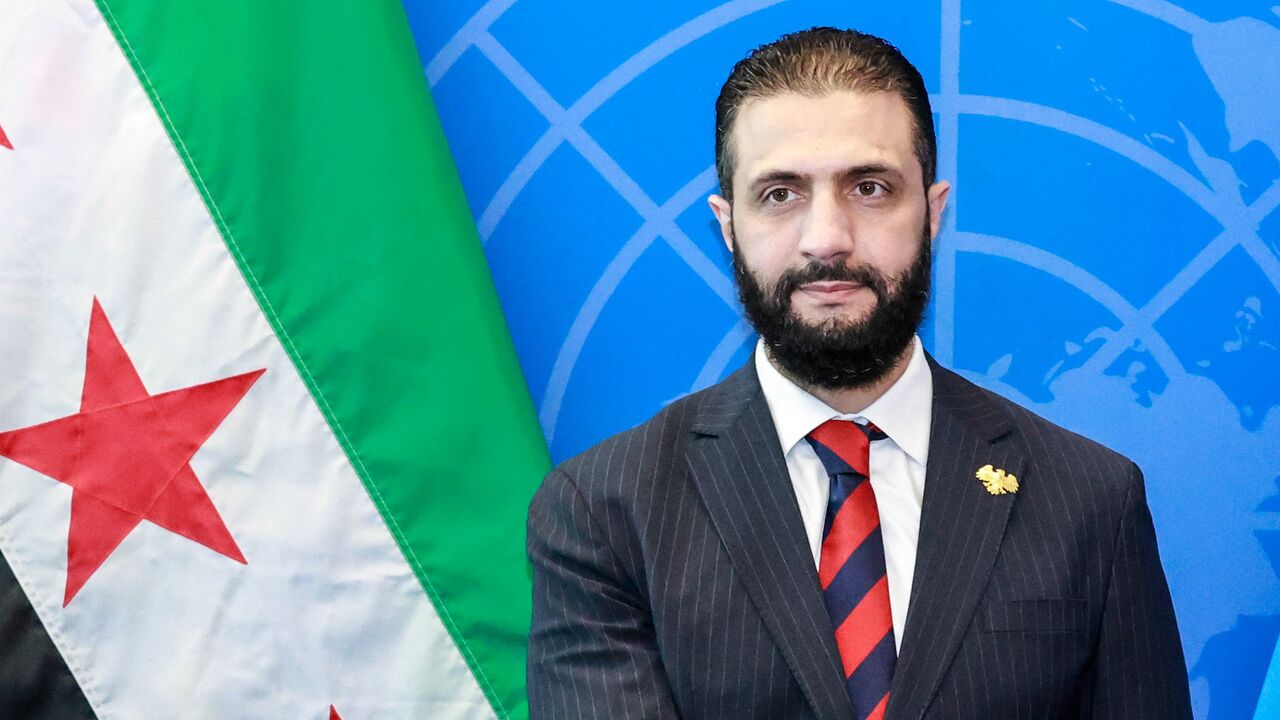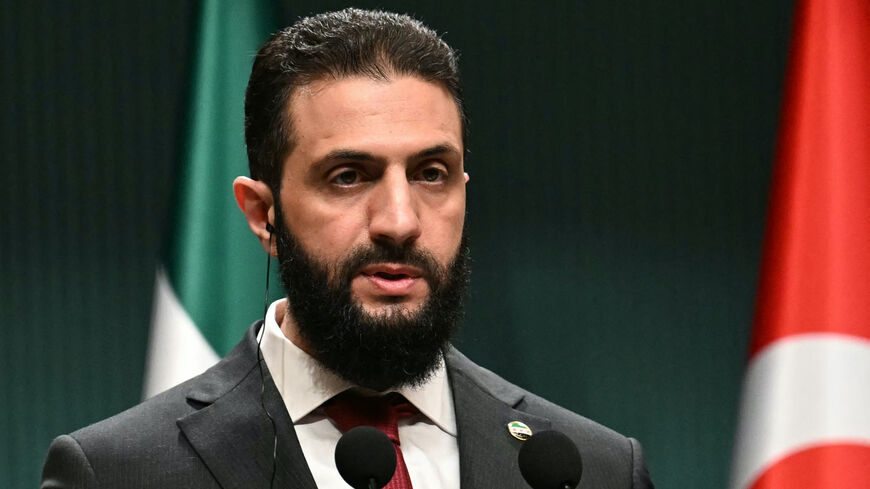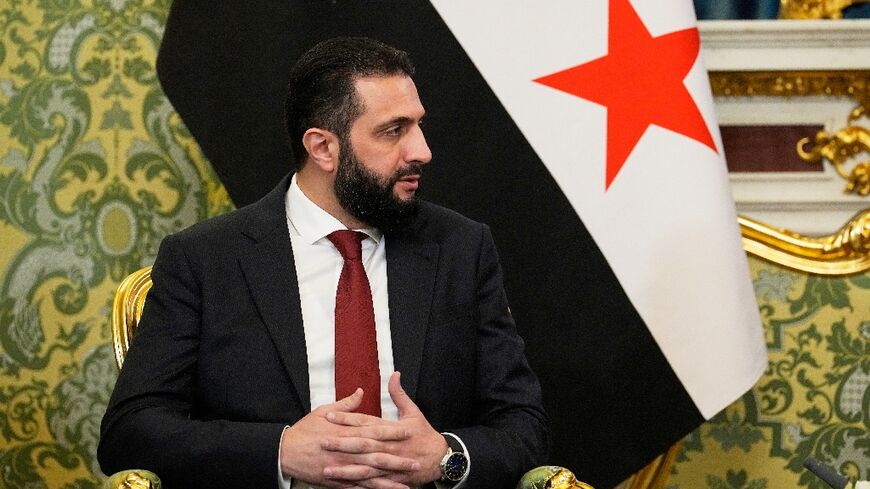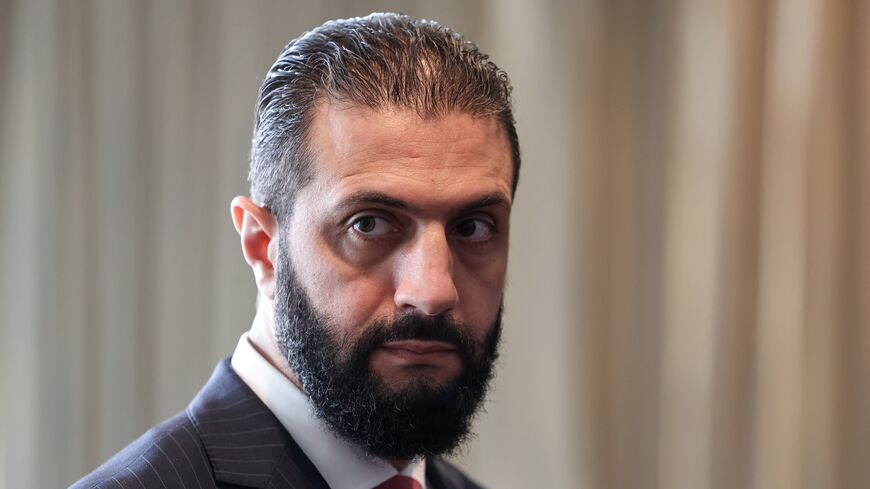UN Security Council votes to lift sanctions on Syria's Sharaa
The move comes days before Syrian President Ahmed al-Sharaa is due to visit the White House.

The UN Security Council voted Thursday to remove sanctions on Syrian President Ahmed al-Sharaa, delivering a win to the Trump administration ahead of the Syrian leader’s upcoming White House visit.
The measure to remove sanctions on Sharaa and Interior Minister Anas Khattab was adopted with 14 votes in favor and China abstaining.
The UN previously added Sharaa, the former leader of Hayat Tahrir al-Sham, and his deputy, Khattab, to its sanctions list targeting the Islamic State and al-Qaeda, subjecting them to a travel ban, asset freeze and arms embargo.
President Donald Trump has embraced Sharaa, the jihadi-turned-statesman who less than a year ago led the rebel insurgency that ousted the former Syrian regime under Bashar al-Assad. Trump and Sharaa met for the first time in Riyadh in May, a day after Trump announced he would be lifting sanctions on Syria.
“With the adoption of this text, the council is sending a strong political signal that recognizes Syria is in a new era,” US Ambassador to the UN Mike Waltz said after the vote.
As Al-Monitor reported, the United States had hoped to lift UN sanctions not only on Sharaa and Khattab but also on HTS. It struck that provision from the draft resolution due to pushback from China, which is alarmed by the Syrian military’s integration of foreign fighters, especially Uighur militants from the Turkestan Islamic Party.
Addressing the 15-member council, China’s UN Ambassador Fu Cong described the resolution drafted by the United States as “an attempt to serve its own political agenda.”
“Syria is in a political transition stage with a fragile security situation,” Fu said, adding that foreign fighters “have exploited the situation to their advantage.”
During his White House visit on Nov. 10, Sharaa is expected to sign an agreement that would formalize Syria’s membership in the US-led coalition fighting ISIS. He’ll also seek US support for the country’s reconstruction, including through the lifting of the so-called Caesar Act sanctions.
Syria's UN Ambassador Ibrahim Olabi said Thursday’s vote reflects the council’s “growing confidence in the new Syria.”
“The new Syria seeks and works to be a country of peace and partnership, not a battleground for conflicts or score settling,” Olabi said.



